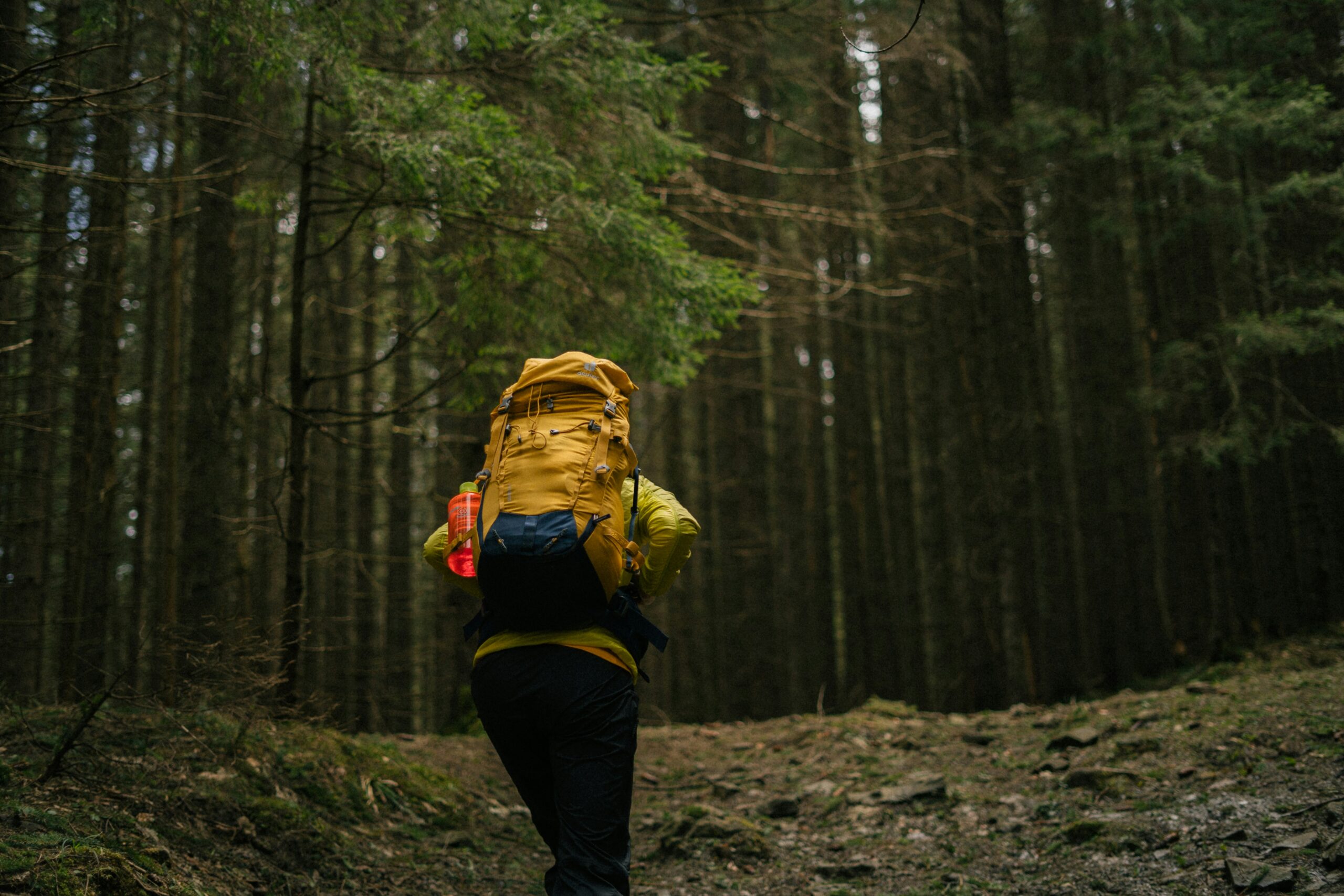Trauma can have far-reaching consequences, long after the traumatic event subsides. This is especially true when you experience childhood trauma. No matter if the childhood trauma occurred decades prior, its effects can still hurt you today. That’s why many people utilize various skills and strategies to cope. These coping skills for trauma from childhood can be helpful and healing—while others can be harmful, making your situation even worse.
The Aftermath of ACEs: The Need for Coping Skills for Trauma from Childhood
When you experience a scary, dangerous, or life-threatening event in your formative years (0 to 18) — either directly or indirectly in witnessing it in someone else — it’s considered childhood trauma. Such events are broadly called adverse childhood experiences (ACEs), and examples of these ACEs include:
- Physical, emotional, or sexual abuse
- Neglect
- Having a parent in prison
- Witnessing your mother treated violently
- Living with someone with a mental illness
- Divorce
- Substance use in the home
When childhood trauma happens to you, not only does it disrupt your sense of safety and security, it can impact your development. The emotional wounds from childhood trauma can negatively affect your psychological and physical well-being. You may have trouble regulating difficult emotions compared to those without childhood trauma. And the long-term effects of childhood trauma in adults can lead to chronic health problems, self-destructive behaviors, anxiety, and low self-esteem. Considering all this, it’s no wonder that many people utilize various coping skills for trauma from childhood as a way to self-medicate.
Healthy Coping Skills for Trauma from Childhood
Learning how to cope with childhood trauma is often necessary to sustain yourself day-in and day-out. With that said, some trauma coping strategies are better for you than others. Here are some healthy, productive childhood trauma coping skills you can practice on a regular basis:
Support From Others
It can be tempting not to open up to people when you’re struggling. However, spending time with others, especially trusted friends and loved ones who can encourage and support you, is one of the most important childhood trauma coping mechanisms. Whether it’s grabbing coffee regularly with a friend or attending a support group, coping with trauma through support from others can bring about healing, safety, and much-needed connection.
Self-Care
Self-care is always a good idea, no matter if it’s one of your coping mechanisms for trauma or not. Taking care of yourself can put you in a better place physically, mentally, and emotionally. Good self-care practices for coping with childhood trauma include getting adequate sleep consistently, eating proper nutrition, and exercising regularly.
New Hobbies
When you’re struggling with childhood trauma AND bored, you may be tempted to make poor coping choices. That’s why doing some activity you love—even a new hobby—can be one of the key coping skills for trauma from childhood. Some hobbies are easy to take up, and others will get you out of the house and around other people, allowing you to build community and your support network.
Therapy or Trauma Treatment
Utilizing coping skills for trauma on your own may only get you so far. If the effects of trauma are ruining your life, it may be best to seek professional therapy or a trauma treatment program to find healing. Getting professional, trauma-informed care for your struggles can help you directly address any unresolved trauma from your past so it no longer impacts you on a daily basis.
Unhealthy Coping Skills for Trauma from Childhood
When you’re in the throes of childhood trauma’s effects, you’re not always in the best mental space. This can lead you to seek maladaptive or unhealthy trauma coping strategies in the moment. They may provide temporary relief, but they can also exacerbate your distress in the long run, according to PositivePscyhology.com. As a result, you may seek them out over and over again—and this is why addiction and childhood trauma are often connected. Examples of unhealthy coping mechanisms for trauma from childhood include:
Alcohol
Lots of people drink. When you consume alcohol, it can make you feel relaxed, less anxious, and more confident. Consequently, alcohol can become a go-to coping mechanism for childhood trauma. However, because it only provides temporary relief, it can often lead to dependence and addiction as you drink on a consistent basis.
Drugs
Like alcohol, some people may seek out various drugs like heroin, prescription opioids, meth, or cocaine as their preferred coping mechanisms for trauma. These also provide temporary relief, so you need to consume more to get the same effects. And because they’re addictive, you may deal with cravings and withdrawal symptoms, leading to further drug consumption and addiction.
Emotional Eating
It’s common to seek out food as a way to comfort yourself, and it’s no different when utilizing coping skills for trauma from childhood. Consequently, you can end up emotionally eating or binge eating to cope with trauma’s effects or negative emotions. Over time, not only do your eating habits lead to further negative feelings, you can develop an eating disorder as a result.
Healing Trauma and Addiction at Sana at Stowe
What should you do if unhealthy coping skills for trauma have led you down a path of addiction? Instead of continuing to self-medicate on your own, it’s best to seek out professional help. At Sana at Stowe, we can treat both the childhood trauma in your past and the addiction controlling your life. With our dual diagnosis treatment, you can find freedom and ultimately, healing from your co-occurring disorders. To get started, contact our team now.


